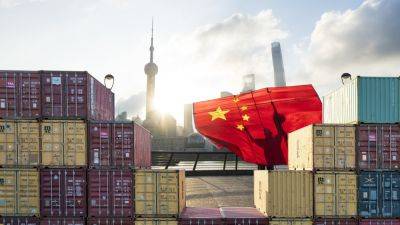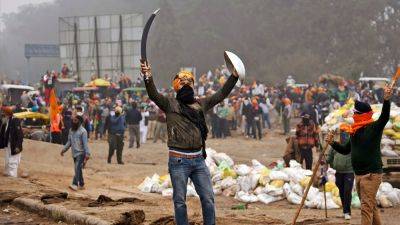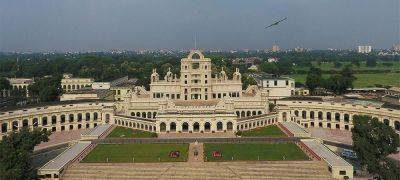Letter from Nikkei Asia's editor: Nothing left to chance
Hello from London. I am in town for a short visit to meet with colleagues and discuss various editorial priorities. As we all know, 2024 is a big election year, and elections are always a hot topic. That is why many of my newsletters inevitably focus on the upcoming votes.
This time, I want to explore how age affects elections. One of the most widely discussed votes in this regard is the U.S. presidential election. President Joe Biden is 81 and his most likely opponent, Donald Trump, is 77. It will undoubtedly be an unprecedented battle between older candidates.
This week's Big Story takes a deep dive into Thursday's elections in Pakistan, where former three-time Prime Minister Nawaz Sharif is expected to win. Former cricket star and Prime Minister Imran Khan wasn't allowed to run this time, but he still remains one of the most popular politicians in the country. Sharif and Khan are 74 and 71 years old, respectively.
Meanwhile, Prime Minister Sheikh Hasina of Bangladesh, who was reelected last month, is 76. Neighboring India is also holding general elections this year, and Prime Minister Narendra Modi, 73, is seen as the strongest candidate.
So if you look at Asian elections -- including Indonesia's, where 72-year-old Prabowo Subianto is a leading candidate in this month's presidential vote -- you might be surprised at how many older candidates are still hungry for the top job.
What about Japan, a country also known for its aging political leaders? The current prime minister, Fumio Kishida, is 66, so he is still considered relatively young in political circles. But the key players on the panel in his Liberal Democratic Party tasked with reforming the party's fundraising rules after a slush fund scandal are two older former





